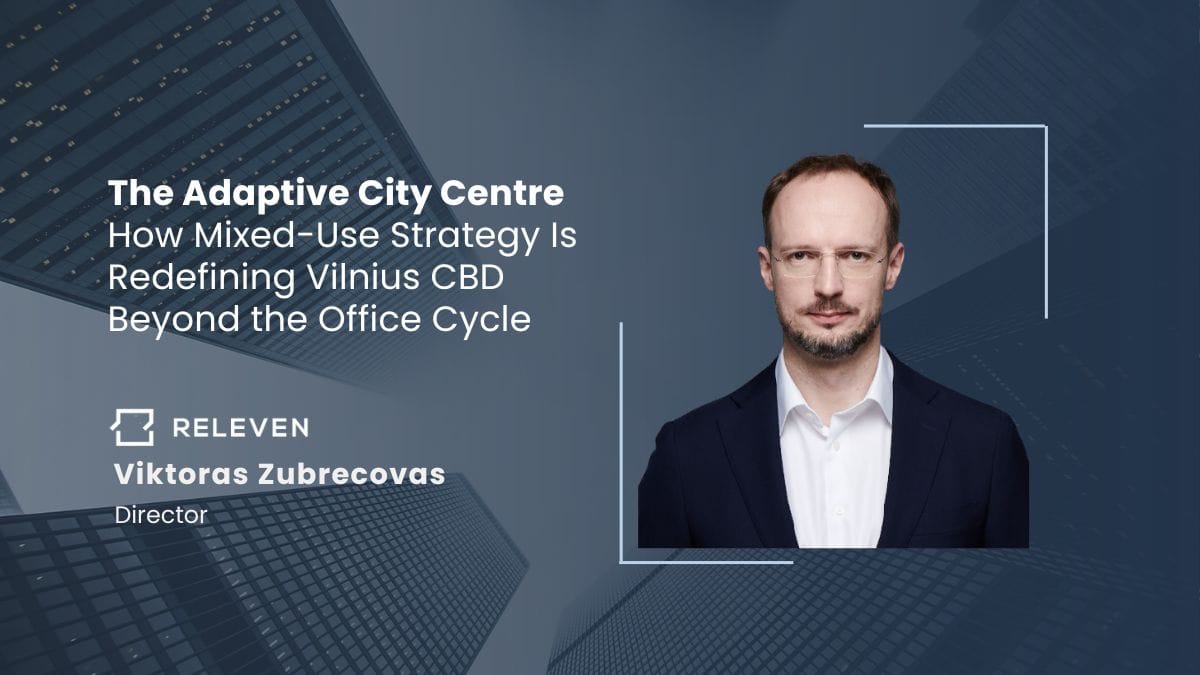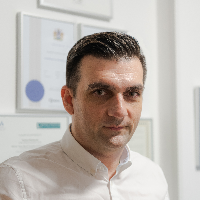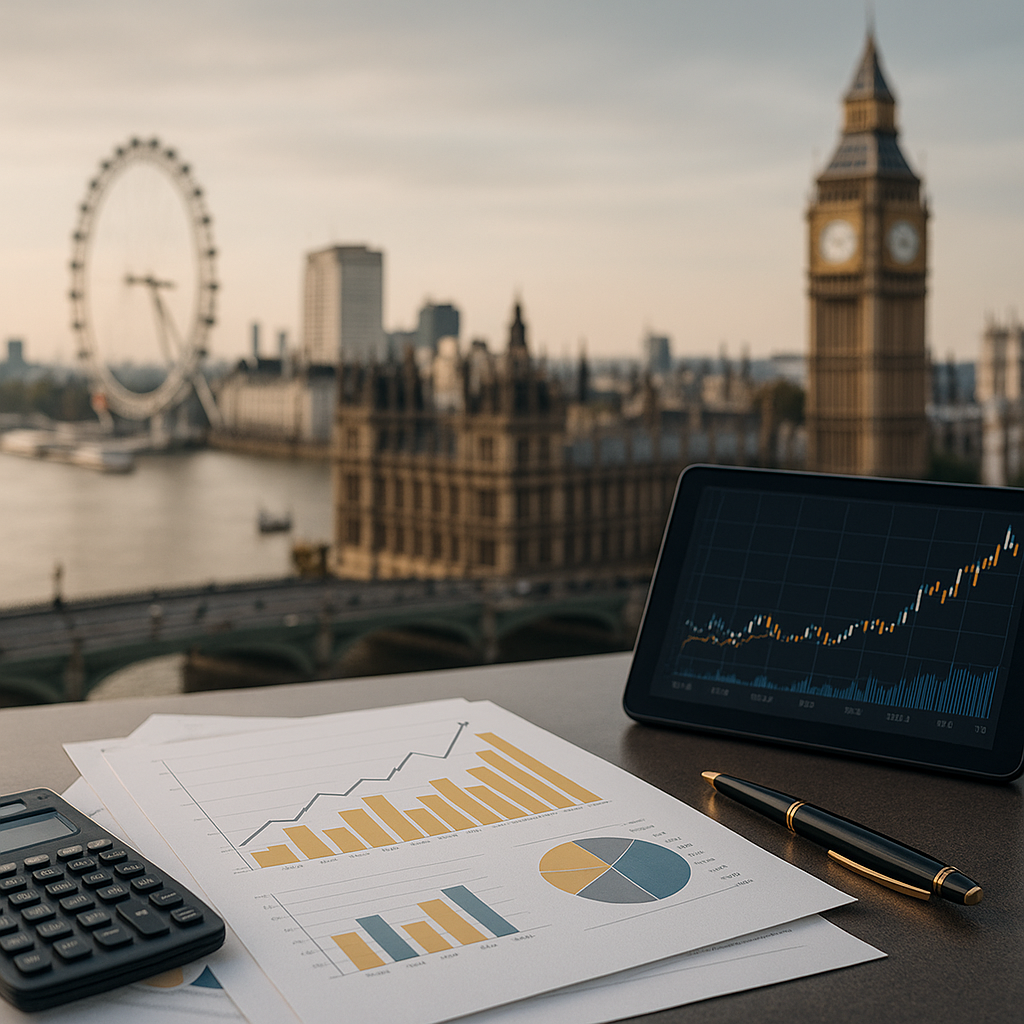Buying a new build or off‑plan home in London or Dubai is exciting, but it also involves complex legal processes. Whether you’re a GCC investor purchasing a London apartment or a British family looking at Dubai’s latest off‑plan towers, appointing the right legal professional will protect your investment and keep the transaction on track. This guide explains what solicitors and conveyancers do, weighs up the pros and cons of using developer‑recommended lawyers, and shows you how to choose and compare legal advisers for international property purchases.
At Entralon, we’re not a law firm, and we don’t charge buyers for legal services. Instead, we connect you with expert, independent solicitors who specialise in off-plan and international transactions. Our role is to guide, simplify, and protect your journey without fees, commissions, or obligations at any stage.
Contact Entralon today for free, expert-backed support.
What does a property solicitor or conveyancer do in London and Dubai?
A property solicitor or licensed conveyancer oversees the legal side of buying your home. In the UK, their duties include drafting and reviewing contracts, conducting searches, managing deposits, liaising with mortgage lenders and ensuring that your ownership is registered at HM Land Registry. In Dubai, a property lawyer performs a similar role but must also verify that the project is in a freehold area, check the developer’s credentials and escrow arrangements, and register the sale in the Interim Real Estate Register.
In England and Wales, solicitors and licensed conveyancers are both regulated professionals; conveyancers focus exclusively on property transactions, while solicitors provide a wider range of legal services and can handle complex disputes. Once your offer is accepted, your conveyancer requests the draft contract from the seller’s lawyer, arranges local authority, environmental and water searches, raises enquiries and agrees a completion date. They also collect your deposit (usually 10 % of the purchase price) and transfer the balance on completion.
In Dubai, there is no official “conveyancing” profession, but a qualified property lawyer will guide you through verifying ownership types (freehold or leasehold), checking title deeds and Oqood certificates, and ensuring that the developer has all necessary approvals. They will also review the Memorandum of Understanding (MOU) and Sales Purchase Agreement (SPA), ensure Oqood registration within 60 days and handle final transfer at the Dubai Land Department. Because off‑plan projects can be delayed or completed late, your lawyer will look out for clauses that waive compensation rights.
Should you use the developer or estate agent’s recommended solicitor?
Recommendations from agents or developers can save time, but they aren’t always the best option for independent advice. Developer‑appointed solicitors know the project well and may offer discounted fees, yet they also owe duties to the seller and may prioritise a quick exchange over your interests. Always ensure that any recommended solicitor is acting solely for you and not for the developer.
There is also a risk of conflicts of interest, particularly if the solicitor is also representing the developer, which could limit their willingness to challenge unfavourable clauses in the contract.
If you decide to use a recommended firm, request written confirmation that they act exclusively for you and insist on receiving independent advice on clauses related to completion deadlines and compensation for delays. Alternatively, consider instructing your solicitor who specialises in off‑plan purchases, has no ties to the developer and will protect your position at every stage.
The table below compares key legal steps and fees for UK and Dubai property transactions.
How can you find and compare a good solicitor or conveyancer?
Choosing the right professional involves more than comparing prices. Look for experience with off‑plan and international transactions, confirm their regulatory status and ask about communication practices. Reading reviews, checking lender panels and ensuring fee transparency will help you make an informed decision.
Step-by-step guide for finding a good solicitor
- Experience with off‑plan and international buyers:
Off‑plan purchases and overseas clients have unique challenges, such as construction delays and cross‑border fund transfers. Ask how many off‑plan or new‑build deals your lawyer has handled in London or Dubai and whether they have experience with GCC buyers. - Regulation and credentials:
In the UK, conveyancers are regulated by the Council for Licensed Conveyancers, while solicitors fall under the Solicitors Regulation Authority. In Dubai, ensure your lawyer is licensed by the local authorities and familiar with RERA and DLD procedures. - Communication and accessibility:
Property transactions involve multiple stages and can take weeks or months. Choose a solicitor who will provide regular updates and offer a named point of contact. Firms with online tracking portals and extended office hours are especially helpful for overseas buyers in different time zones. - Reviews and recommendations:
Personal recommendations from friends or family are valuable, but also check reviews on platforms such as Trustpilot or Feefo. Verify that the firm is on your mortgage lender’s approved panel, as some lenders only work with certain law firms. - Fee transparency:
Obtain a detailed quote that separates legal fees from disbursements, and ask whether fees are fixed or hourly. Be wary of quotes that seem too low or firms that guarantee unrealistic completion dates. In Dubai, confirm the lawyer’s fee structure and whether it includes due diligence on the developer, Oqood registration and representation at the DLD.
How do processes and timelines differ between London and Dubai?
For off‑plan purchases in London, the conveyancing process usually takes 8–12 weeks, largely because the buyer’s solicitor must complete searches, liaise with mortgage lenders, agree on contract terms and register the transfer. By contrast, once all documents are in order in Dubai, the transfer at the Dubai Land Department often completes within a day or two; however, off‑plan projects can be delayed for months or years, and sales must be registered within 60 days of signing or risk invalidation.
In the UK, most delays relate to lengthy local searches or complex chains of buyers and sellers. Solicitors raise enquiries based on the contract pack and search results, arrange for mortgage funds, and coordinate the exchange of contracts. After exchange, the transaction becomes legally binding and the buyer typically pays a 10 % deposit, with completion occurring several weeks later.
In Dubai, transactions are more straightforward when buying completed property: the parties gather at the DLD, pay the transfer fee, sign the documents and receive the new title deed within one to two working days. For off‑plan units, the interim registration (Oqood) protects buyers during construction. Nevertheless, off‑plan developments often overrun the stated completion dates, and developers may not follow all government regulations. Your lawyer should review the SPA to ensure you retain compensation rights if delays occur and that funds are held in a regulated escrow account.
Are there costs and taxes you need to understand?
Beyond legal fees, UK buyers must budget for disbursements, Land Registry fees and Stamp Duty Land Tax. In Dubai, government fees and service charges can add significantly to the headline purchase price. Understanding these expenses up front will prevent unexpected costs and help you compare projects realistically.
In London, typical legal fees range between £800 and £1,500, with disbursements such as search fees, bank transfers, and Land Registry charges adding £250–£1,500. Stamp Duty Land Tax varies based on purchase price and whether you already own other property. Many off‑plan developers offer incentives like covering a portion of your legal fees or providing furniture packages, but always calculate the total cost of ownership before committing.
In Dubai, legal fees are usually 0.5–1 % of the property value. Buyers also pay a 4% DLD transfer fee and a fixed Oqood registration fee of AED 430, plus mortgage registration fees if financing. Other common costs include due diligence (AED 2,000–5,000), document translation, agent commissions and annual service charges. Because each emirate has slightly different rules, confirm the exact fees with your lawyer before signing the SPA. Budgeting for these expenses ensures that your investment remains profitable and that there are no surprises at completion.
Final Thoughts
Choosing the right solicitor or property lawyer is a critical step in securing your off‑plan or new‑build property in London or Dubai. An experienced, independent professional will conduct thorough due diligence, negotiate favourable contract terms and protect your interests throughout the transaction. Take your time to compare lawyers, ask questions and insist on clear communication and fee transparency. If you’re considering investing in London or Dubai property, the team at Entralon specialises in helping GCC buyers navigate legal requirements and find the best opportunities.
FAQ
Do I need a solicitor for an off‑plan property purchase?
Yes. In the UK, mortgage lenders require you to instruct a solicitor or licensed conveyancer, and in Dubai, it is strongly recommended to hire a property lawyer to verify the developer’s credentials, ensure Oqood registration and review the SPA.
What’s the difference between a solicitor and a conveyancer?
Both are regulated property professionals, but conveyancers specialise solely in residential transactions while solicitors offer broader legal services and can handle complex issues such as boundary disputes.
Can I use a lawyer from outside the UK or UAE?
No. Your legal representative must be authorised to practise in the country where the property is located. Overseas lawyers may offer general advice but cannot register transfers with HM Land Registry or the Dubai Land Department.
When do I pay my solicitor’s fees?
Most solicitors ask for an initial payment to cover search costs, with the remaining balance due on completion. In Dubai, legal fees are often paid when the lawyer starts work, and government fees are settled at the time of transfer.
How long does the conveyancing process take?
For UK properties, the legal process typically takes 8–12 weeks from instructing your solicitor to completion. In Dubai, the transfer itself can be finalised in one or two days once all documents are in order, but off‑plan projects may be delivered months or years after the purchase agreement.























Discussion